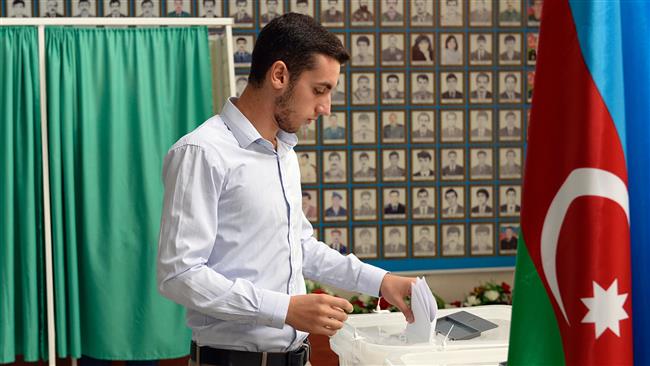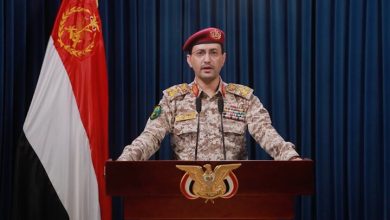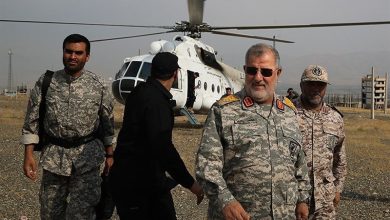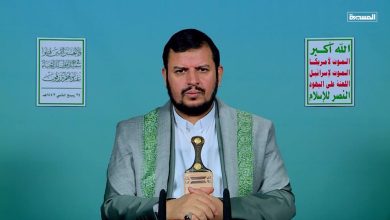‘Complicit in piracy’: Cuba slams US for granting asylum to pilot of stolen plane
Cuban authorities have accused the US government of being “complicit in piracy” for granting political asylum to a pilot who fled to the United States on a stolen plane last October.
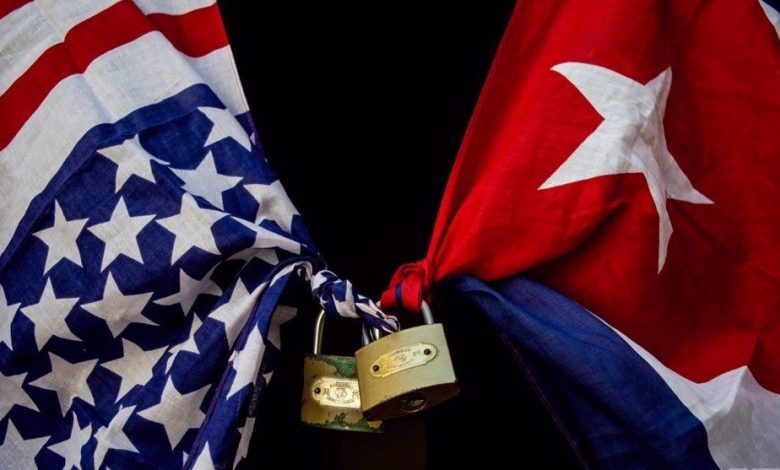
In a statement on Tuesday, Cuba’s foreign ministry said it had summoned Washington’s charge d’affaires in Havana to communicate Cuba’s “protest” to the asylum granted to the Cuban pilot, Ruben Martinez Machado.
The ministry said it had made four requests to the US to “return” the 29-year-old pilot and the Russian-made aircraft. Cuban authorities warned that the US decision could encourage similar unlawful acts with negative repercussions for the national security of both countries.
On October 21, Machado, flying a single engine Antonov An-2 plane, left Sancti Spiritus, Cuba, and landed at Dade-Collier Training and Transition Airport in Florida.
The Russian-made plane was supposed to be used for soil fumigation in Cuba, but Machado, who worked for the Cuban Air Services Company (ENSA), used it to escape the island.
Once he landed on US soil, Customs and Border Protection (CBP) agents took him into custody. The pilot stayed in the Pompano facility as his asylum case moved through the system. Machado’s release came a day after a judge granted him asylum.
Between October 2021 and August 2022, close to 200,000 Cubans were intercepted by US authorities, according to CBP, after entering through the border with Mexico or crossing by sea through the Florida Straits.
Many Cubans have tried to reach the United States in recent months after leaving their country, hit by its worst economic crisis in three decades with shortages of food, medicine and fuel after two years of pandemic woes and blanket US sanctions.
The US trade embargo has been in place against Cuba since 1962. Former US President Barack Obama and then-Cuban President Raul Castro announced in December 2015 they had reached an agreement to normalize ties after 18 months of secret negotiations.
Ther normalization process was reversed by the Donald Trump administration, which leveled 243 additional economic sanctions on Cuba, tightened travel regulations and placed the island nation back on the list of countries sponsoring terrorism.
US President Joe Biden, who initially distanced himself from his Republican predecessor, has not only retained Trump’s maximum pressure campaign on Cuba but increased the sanctions.
Cubans are the only people who are eligible for immediate US asylum if they flee their homeland and reach US soil. However, if they are intercepted at sea, they are returned home. Critics say the policy encourages Cubans to make dangerous bids to reach the US using planes and makeshift boats.
